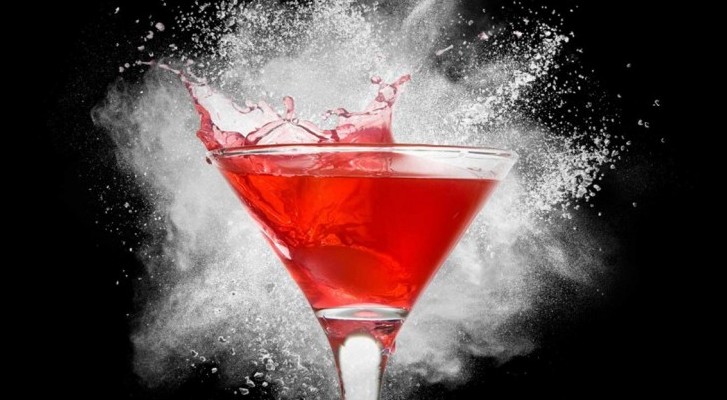Powdered alcohol, a concentrated alcohol product created by Lipsmark, has caused a lot of controversy in just a few short months. In April 2014, the FDA validated Lipsmark’s request for powered alcohol as an FDA-approved substance. Shortly after its approval, the FDA suddenly reversed its decision. Though Lipsmark and its subsidiary Palcohol have re-submitted an application for FDA approval, many have expressed concerns about the safety and future use of this product.
Manufacturer Advertises Many Uses
Powdered alcohol is a concentrated form of alcohol that has a host of flexible uses. Palcohol encourages buyers to use the powdered substance in cooking, during outdoor activities, and while travelling, among other suggested uses. The ease of use and, particularly, the ease of transporting powdered alcohol have led to great concern in the New York State Legislature. The New York Senate passed a proposed law to proactively ban the sale of powdered alcohol in the state, should the substance be re-approved by the FDA in the future.
Senator Joseph Griffo sponsored the Senate bill while Assemblyman Steven Cymbrowitz sponsored the Assembly version. Specifically, the proposed law would “prohibit anyone from selling, offering for sale or providing for consumption, any powdered or crystalline alcoholic product.” Senator Griffo has raised concerns about the transportability of powdered alcohol, stating “There are very serious concerns about the illegal use of powdered alcohol by young people, possibly even bringing it into schools or other events and locations that prohibit alcohol consumption.” New York is not alone in its effort to ban powdered alcohol; Alaska, South Carolina, Minnesota and Vermont are all considering similar proposed legislation.
Though New York’s ban focuses solely on powdered alcohol, lawmakers in other states have voiced concerns about edible alcohol. Louisiana’s Legislature recently failed to pass a law that would have allowed ice cream made with more than 10% alcohol. The recent smattering of state laws has largely focused on the ease of transport for powdered alcohol and alcoholic ice cream. Though lawmakers are largely focusing on the potential danger of minors obtaining these products, there is a potential that drivers may more easily imbibe while operating a motor vehicle. Each of the states considering powdered alcohol bans have laws that prohibit intoxicated driving, regardless of the source of alcohol.
DWI is Possible After Consumption of Powdered Alcohol
It appears that powdered alcohol will not be available to New York drivers if the proposed bill banning the substance becomes law. Despite the sudden popularity of such bills in a few states though, most states have yet to seriously address the question. Powdered alcohol has not yet received permanent approval by the FDA, and in the meantime, more and more states will likely consider the potential impact of powdered alcohol for minors, drivers, and recreational use.
Whether the alcohol is in powdered, edible, or in traditional liquid form, a New York driver with a blood alcohol concentration of 0.08% or more may face a DWI. Conviction for a New York DWI can result in jail time, steep fines, and license revocation, among other penalties. If you or a loved one has been charged with a DWI or related offense, contact Nave DWI Defense Attorneys immediately. Let us put our reputation, training, and experience to work for you.
DISCLAIMER: The exclusive purpose of this article is educational and it is not intended as either legal advice or a general solution to any specific legal problem. Corporate offices for Nave DWI Defense Attorneys are located at 432 N. Franklin Street, Suite 80, Syracuse, NY 13204; Telephone No.: 1-866-792-7800. Prior results do not guarantee a similar outcome. Attorney Advertising.





